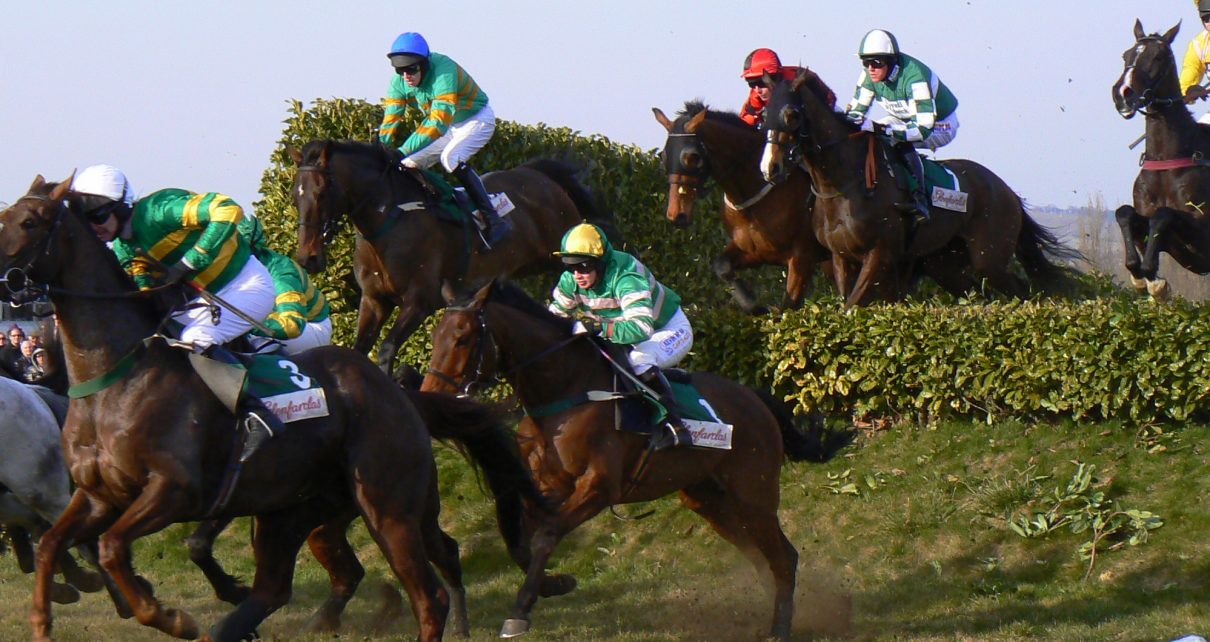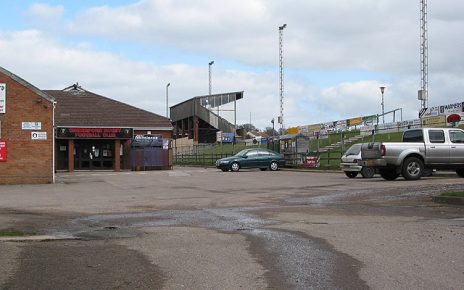While many people will see the Cheltenham Festival as an opportunity to dress up, meet up with old friends and enjoy picking their bets, behind the scenes, it is far from the glitz and glamour that people think.
According to Horse Death Watch, last year alone saw 180 horses die in the UK from fatal injuries caused by horse racing – Cheltenham Racecourse racking up the fourth-highest death count.
The death toll for the Festival continues to rise each year, this comes following the passing of Malinello on Tuesday, the first death of 2023, yet this news was overshadowed by the winners of the day.
It is inevitable that this number will rise, but Cheltenham Festival is just a small part of a much bigger problem. Our Park Life Sport reporter Katie Barr outlines why she believes horseracing needs to be banned.
- Risk of fatal injuries
Racing unnecessarily exposes horses to significant risk of injury and death through trauma and emergency euthanasia. Horses are unlikely to survive without the use of their legs, as the forelimbs carry 60% of the horse’s body weight and a large proportion of the rider’s weight also. According to Blood Horse, 90% of injuries sustained by thoroughbred racehorses are fractures in the forelimbs, with the severity of this type of injury, horses are likely to be put to sleep.
2. Whipping
Although, there has been a change in the rules this year to minimise the amount of times jockeys can use their whips during a race, it is still unforgivable to put horses under pain and stress just to enhance performance. Despite the new rule jockeys do not have a limit on the number of times their horse can be slapped down the shoulder during a race or any restrictions for the last 100 metres.
3. Drugs
Racehorses are often not given sufficient time to recover from injuries properly and are given performance-enhancing drugs at a fast rate which can lead to the horses’ injuries worsening. Trainer, Mahmood Al Zarooni was banned for eight years after using prohibited steroids on 11 horses that were entered in races and this isn’t the only scandal that has happened.
4. No Freedom
Equine behaviour research has proved that horses are social animals that should live in herds and be around their own kind but racehorses spend the majority of their time travelling to different racecourses in trailers and temporary stalls so don’t often get the freedom to spend time with other horses.
5. Too young to work
It’s hardly surprising that injuries, lameness, and exhaustion are common in racehorses when they are forced to begin training from as young as two years old when they are underdeveloped and most prone to damage.
It is clear to see that the huge amount of money in horse racing is the driving factor for why animal welfare protests have been continuously ignored.
“The long term goal is to ban all horseracing, it’s a barbaric sport and I don’t think a lot of people know how bad it is for the horses”, a protestor on Cheltenham High Street said.
Horses are such beautiful animals that have held importance to us for decades, so isn’t it time now to give them what they need and stop funding horseracing for good.



